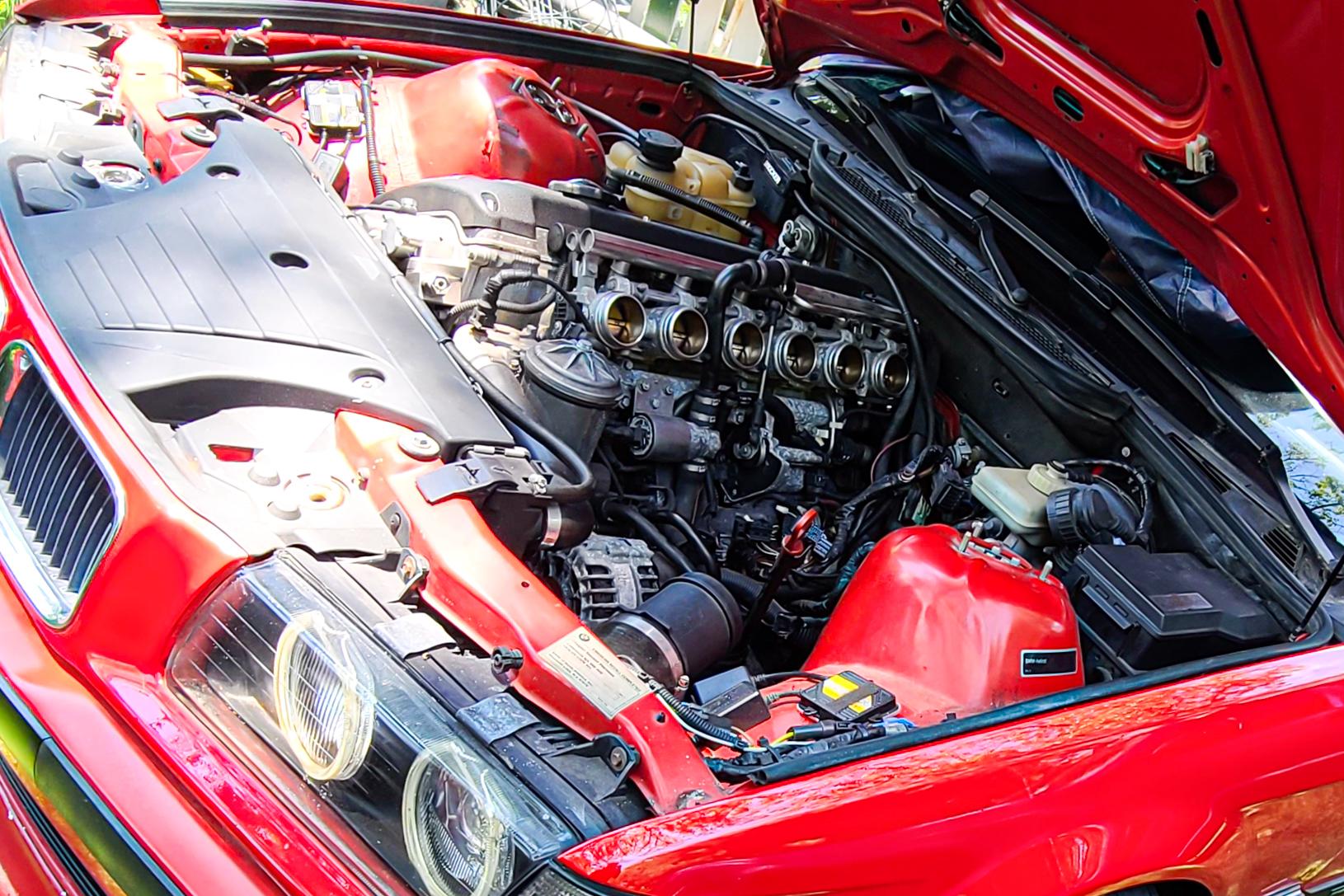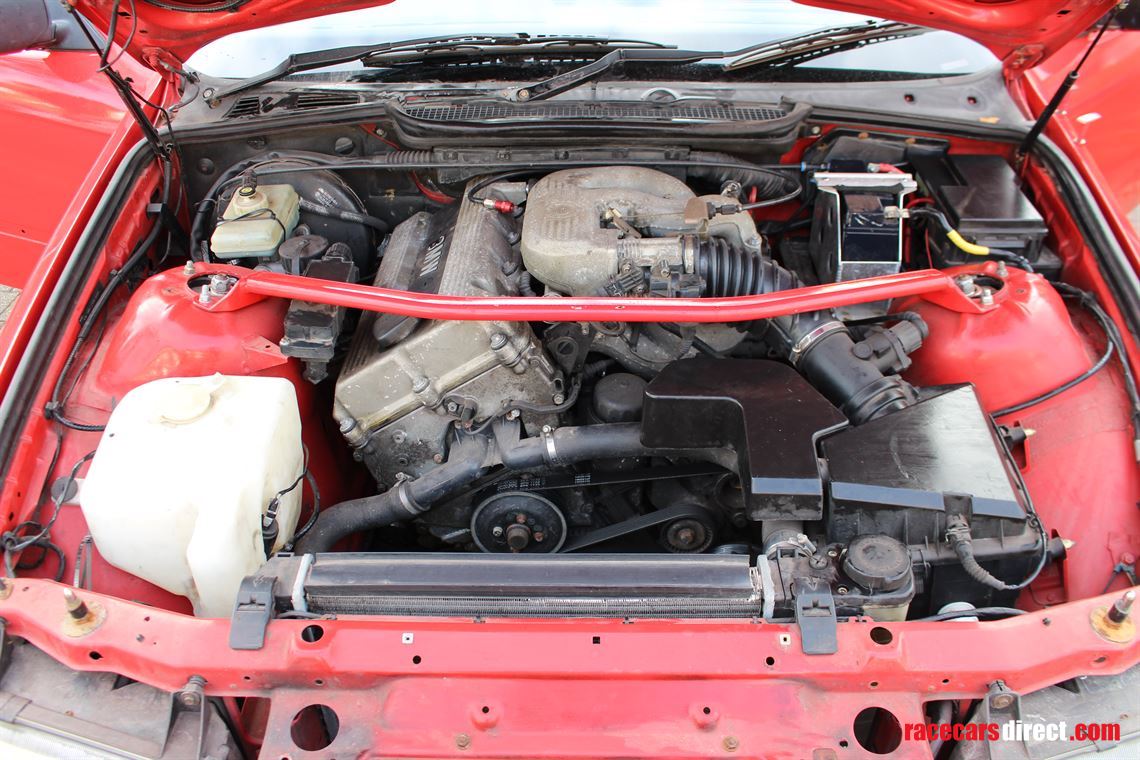Trick Attributes to Search For When Investing In an Engine for Automotive Applications
When thinking about the purchase of an engine for auto applications, several key attributes warrant careful assessment to guarantee ideal efficiency and performance. From power and performance capacities to sustain efficiency, durability, and adherence to exhausts requirements, each facet plays a critical function in determining the engine's suitability for specific automobile demands.
Power and Efficiency
When picking a vehicle engine, buyers prioritize power and efficiency to make certain ideal driving experience and performance. The power result of an engine, frequently measured in horsepower (HP) or kilowatts (kW), determines the acceleration, leading rate, and overall capabilities of a lorry. Higher power rankings usually lead to quicker acceleration and far better performance, particularly during overtaking or lugging hefty loads. Efficiency, on the various other hand, incorporates a more comprehensive spectrum of characteristics, including gas performance, exhausts, integrity, and total driving dynamics. A well-performing engine not just delivers power effectively yet likewise runs efficiently throughout different speed ranges and driving conditions.
Additionally, variables such as engine hybrid, variation, and turbocharging modern technologies play significant functions in boosting both power and efficiency levels. Inevitably, picking an engine that offers a powerful combination of power and efficiency ensures a effective and rewarding driving experience.
Gas Effectiveness
Maximizing gas performance is a critical factor to consider for customers when examining automobile engine options. Modern engines with functions like straight gas injection, turbocharging, and variable valve timing can considerably enhance fuel effectiveness by enhancing combustion procedures and lowering power loss.

Sturdiness and Reliability
Attaining resilient efficiency and trustworthy operation is essential for customers evaluating the sturdiness and reliability of automotive engines. When considering an engine for vehicle applications, longevity refers to the engine's capability to withstand wear, stress and anxiety, and severe operating problems over an extensive duration. Integrity, on the various other hand, implies that the engine can continually perform its intended feature without unexpected break downs or failings.
Consumers must look for engines constructed with top quality products and specific engineering to make certain longevity. Parts such as bearings, pistons, and crankshafts should be durable to take care of the engine's power outcome without premature wear. Furthermore, engines equipped with innovative air conditioning systems, effective lubrication, and durable filtering systems tend to show greater levels of dependability.
Routine upkeep and adherence to maker recommendations are likewise important consider preserving an engine's toughness and reliability. By adhering to maintenance routines, using suggested fluids, and resolving any kind of problems without delay, consumers can optimize the life-span and efficiency of their automobile engines. Inevitably, prioritizing sturdiness and reliability in engine choice can result in a more gratifying ownership experience with less unexpected disturbances.
Emissions Compliance
Guaranteeing conformity with exhausts laws is a vital aspect of examining auto engines for ecologically aware customers. With enhancing problems regarding air top quality and environmental impact, rigorous discharges requirements have actually been implemented internationally to decrease hazardous contaminants released right into the environment. When acquiring an engine for automobile applications, it is important to consider its exhausts conformity to lessen the carbon footprint and comply with legal needs.
Modern engines are furnished with advanced discharge control innovations such as catalytic converters, exhaust gas recirculation (EGR) systems, and selective catalytic decrease (SCR) to lower unsafe exhaust gases like nitrogen oxides (NOx), carbon monoxide gas (CO), and hydrocarbons (HC) These systems play an important function in making certain that the engine fulfills the defined discharges requirements and operates within permitted restrictions.

Cost-effectiveness
When considering vehicle engine acquisitions, examining cost-effectiveness is critical for customers seeking both performance and worth. Cost-effectiveness in engine acquisition entails more than just the first acquisition cost. It incorporates the overall costs associated visit this web-site with maintenance, fuel usage, and possible repair work over the engine's life-span. Selecting an engine that supplies a balance between in advance prices and lasting savings can cause substantial advantages for the customer.
One trick facet of cost-effectiveness is gas efficiency. Engines that are developed to optimize gas economy can result in significant savings gradually, specifically for individuals who drive frequently or over long ranges. In addition, considering the schedule and cost of extra parts and maintenance can contribute to the overall cost-effectiveness of an engine. Guaranteeing that repair and maintenance are practical and easily accessible can avoid unanticipated monetary burdens down the line.

Final Thought
To conclude, when purchasing an engine for auto applications, it is crucial to take into consideration crucial functions such as power and efficiency, gas longevity, dependability and effectiveness, exhausts compliance, and cost-effectiveness. These factors are vital in making sure that the engine meets the demands of the car and runs efficiently in various driving problems - bmw 318ti. Making an educated decision based upon these requirements will eventually bring about a effective and reliable automobile engine acquisition
From power and performance capacities to sustain adherence, effectiveness, and longevity to exhausts standards, each element plays a vital function in establishing the engine's viability for details automobile requirements. Engines designed to run on alternative gas such as electrical power, hybrid systems, or biofuels can use resource better gas economy and reduced exhausts compared to traditional fuel or diesel engines. Consumers must very carefully take into consideration the gas efficiency ratings and innovations included right into auto engines to make informed buying decisions that line up with their top priorities for cost savings and sustainability.
When taking into consideration an engine for automobile applications, durability refers to the engine's ability to stand up to wear, stress, and rough operating conditions over an extensive period.In final thought, when buying an engine for auto applications, it is vital to consider vital features such as power and performance, gas dependability, effectiveness and sturdiness, exhausts conformity, and cost-effectiveness.